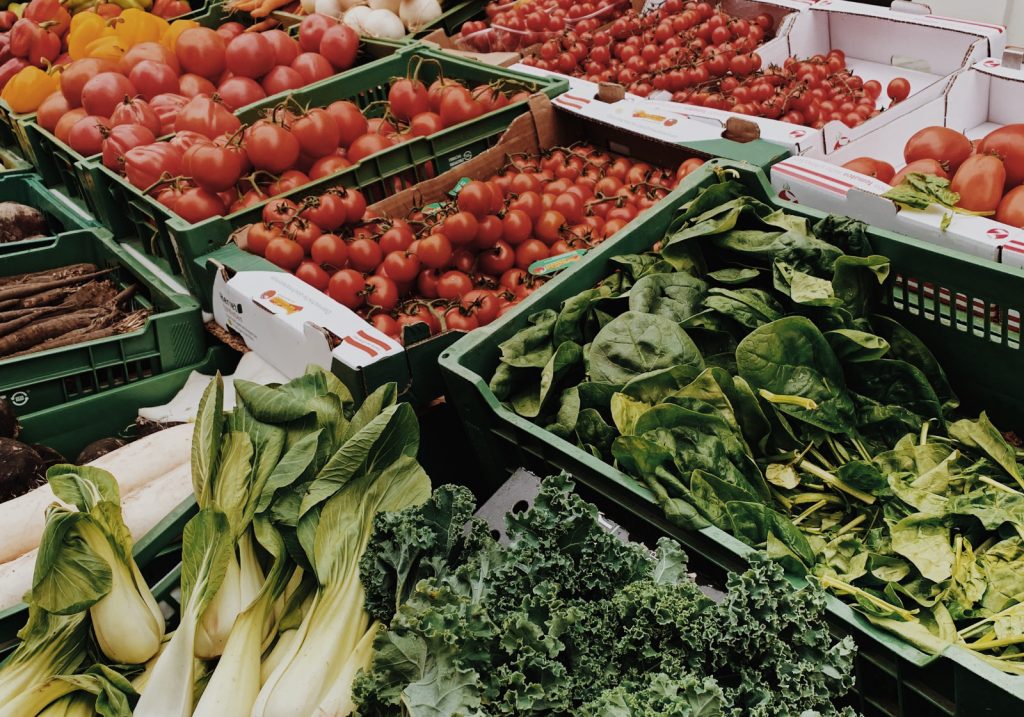We should all express gratitude to farmers and other agricultural workers, even during the best of times. They’re vital to our everyday, working to keep us all supplied and fed.
But I believe there’s never been a better time to recognize the hard work of those working in agriculture than now, when we are sharing in a difficult, challenging experience. During the COVID-19 pandemic, we owe a greater debt to farmers than ever.
The Impact of Canadian Farmers
Our modern agrifood system has shown itself to be resilient through this pandemic. Of course, there were limited shortages of some products on grocery shelves — which have been attributed to panic buying — and a processing sector that had to pivot from larger bulk packaging used in restaurant and foodservice sectors to the smaller packaging favoured by consumers.
Throughout the COVID-19 challenge, our farm sector has been continuing to produce and deliver high-quality products that find their way into our homes. And this industry has a massive, wider impact. Here’s some eye-popping stats to chew on:
- Agriculture and agri-food manufacturing contributed $111.9 billion or 6.7% of Canada’s GDP in 2016. Ontario’s production makes up over 31% of this.
- Agriculture and agri-food manufacturing create 12.5% of total employment in Canada.
- Southwestern Ontario’s more than 7 million acres of farmland return over 11 billion dollars in gross receipts annually and supply more than 45 thousand direct and local jobs.
Many have a hand in that success story and require our thanks: especially our livestock farmers, grain farmers and the greenhouse sector, as well as the farm service and supply companies that support them.
Challenges in the Agriculture Sector
This pandemic isn’t alone among challenges for the agri-sector. Our Canadian farmers and food producers constantly work through weather challenges, trade challenges, price volatility, new crop pests and livestock diseases — to only mention a few. Through it all, producers and the agriculture industry continue to answer the call, bringing innovative solutions to these challenges and producing at ever-increasing levels.
Looking to the future, society’s challenge is to find an appropriate balance where agriculture has the tools to provide for a growing population at an environmentally sustainable and profitable level.
One of the interesting and successful sustainability initiatives currently happening in agriculture is 4R Stewardship: Right product, Right rate, Right time, Right place. AGRIS Co-operative, a local crop input supply cooperative, is doing important work around sustainability in relation to the 4R stewardship program.
Libro Credit Union’s Commitment to Agri-Business
As our roots are in agriculture, Libro remains excited to be a partner in this progressive industry. Our credit union has remained committed to agriculture and supports more than 3,200 farm and agri-business owners with world-class services including $1.2B in lending to all sectors. Libro supports producers across the agriculture sector; grains & oilseeds, dairy, pork, beef, poultry, egg, sheep, goat, orchards, vegetables, greenhouses and more.
One of Libro’s key focus areas is local food accessibility because we know this is one of the biggest challenges facing the prosperity of our region. It is something we are deeply rooted and connected to through farming, agribusiness and by supporting the many conversations underway to improve food systems and increase access to local food for all.
We believe Libro has an important voice within Canadian agriculture. We’ve stood with farmers for more than 75 years, and we will continue to do so. As for me, I’ve enjoyed a lifetime connected to agriculture. I was raised on a hog and cashcrop farm, completed a degree in Crop Science from the University of Guelph, and now I’ve had 30 years supporting agriculture with background in livestock feed, farm machinery sales, and agricultural finance. I’m fortunate to be able to stay abreast of current agricultural technologies and issues as I am involved with a cashcrop farming operation in North Lambton.
I’m proud to say Libro was an important partner with other credit unions and banks across Canada in developing protocols to quickly and efficiently deliver important federal funding such as CEBA and BCAP to eligible farms and businesses impacted by COVID-19.
Libro lobbies federally and provincially on behalf of agriculture. We have recently been invited to participate with the City of London Mayor’s Economic Impact and Recovery Task Force on Agribusiness to share our perspective of production agriculture challenges in light of COVID-19.
The farming community is a place where we feel at home, and we are grateful to everyone in the agriculture sector for all their work, now more than ever.
Are you? How much do you know about this vital industry that drives economic growth in every corner of southwestern Ontario? When was the last time you took a bite and considered where the food came from? Libro is a proud sponsor of Farm & Food Care Ontario, an organization who helps bring clarity to a complex industry by teaching Ontarians how their food is produced.
That’s my challenge to you, and to everyone in southwestern Ontario. During your next meal, give agribusiness a moment of thought and consider the incredible effort that went into delivering that meal — and know that we stand with them. Bon appetit!



 />
/>

 />
/>

 />
/>

 />
/>
 />
/>

 />
/>
